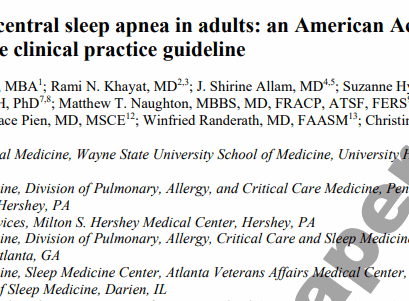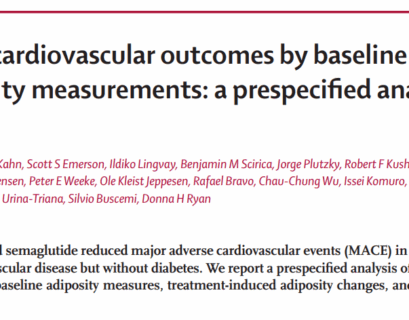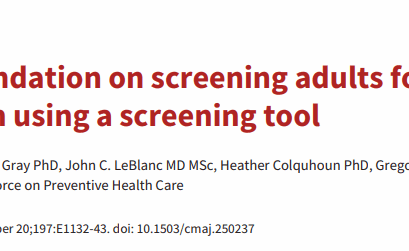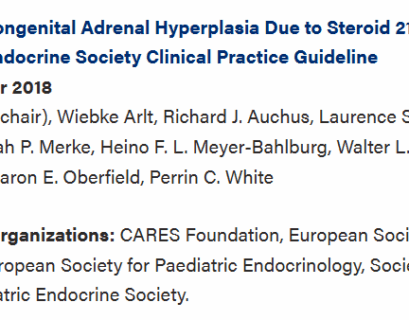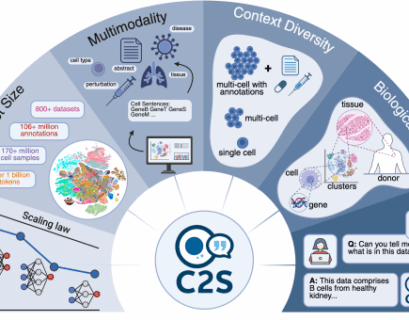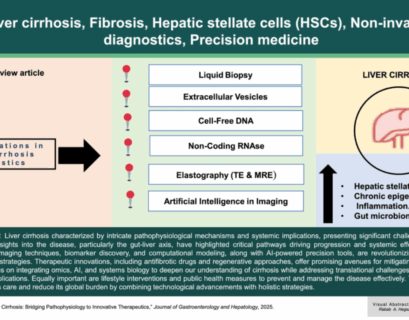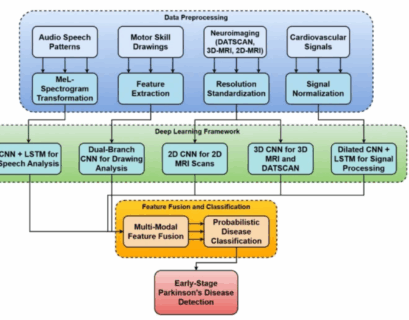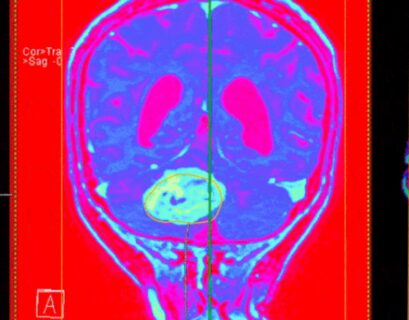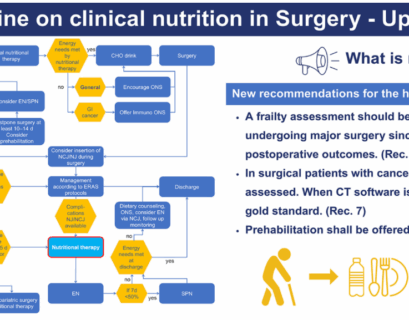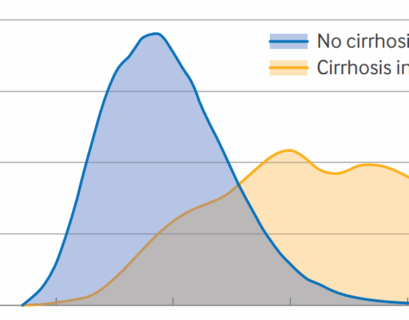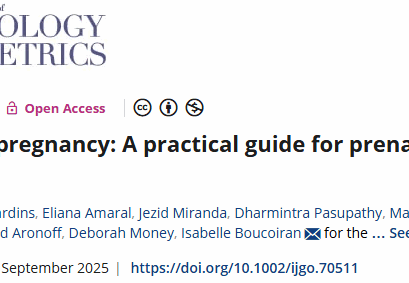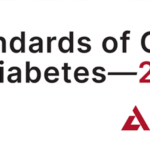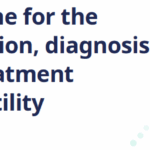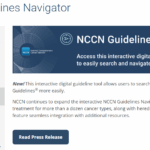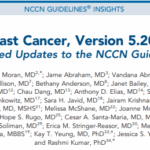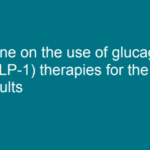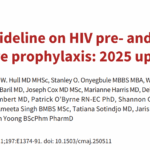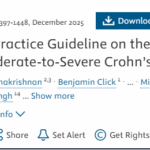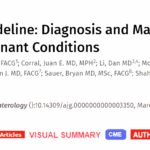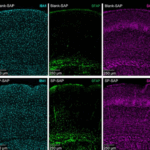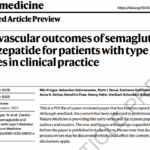Monitoraggio della spesa farmaceutica (gennaio – maggio 2025)
AIFA rende disponibile i documenti relativi al monitoraggio mensile della spesa farmaceutica nazionale e regionale per il periodo gennaio / maggio 2025.
Cos’è l’ictus? Il video completo su sintomi, cause, riabilitazione e prevenzione
Ictus – Scopri nel video cos’è l’ictus, i sintomi, le cause, la diagnosi e la prevenzione. Riconoscerlo e agire subito può salvare la vita e ridurre le disabilità.
Epatite C: aggiornamento del 27 ottobre 2025 sui pazienti arruolati
L’Agenzia Italiana del Farmaco rende disponibile l’aggiornamento settimanale dei dati relativi ai trattamenti con i nuovi farmaci ad azione antivirale diretta di seconda generazione (DAAs) per la cura dell’epatite C cronica, raccolti dai Registri di monitoraggio AIFA.
Linee guida per il trattamento dell’apnea notturna centrale (OSA)
PneumologiaUna nuova linea guida per la pratica clinica sviluppata da una task force dell’American Academy of Sleep Medicine fornisce...
Un basso livello di colesterolo è associato a un rischio inferiore di demenza
Notizie dalla RicercaLa ricerca, condotta presso l’Università di Bristol e il Dipartimento di Biochimica Clinica dell’Ospedale Universitario di...
Linee guida canadesi sulla depressione negli adulti (aggiornamento)
DepressioneQuesto aggiornamento delle linee guida da parte del Canadian Task Force on Preventive Health Care, fornisce una raccomandazione basata...
Iperplasia Surrenale Congenita (CAH), Linee Guida Internazionali
Senza categoriaLe linee guida 2018 dell’Endocrine Society rappresentano il riferimento principale per la diagnosi e la gestione dell’Iperplasia...
AI contribuisce a scoprire un nuovo potenziale percorso terapeutico contro il cancro
Intelligenza Artificiale in MedicinaI ricercatori di Google e della Yale University hanno sviluppato un modello di intelligenza artificiale più “avanzato e...
Cirrosi epatica: patologia, diagnosi e terapie innovative
Gastroenterologia ed EpatologiaLa cirrosi epatica è una condizione complessa e progressiva derivante da danno epatico prolungato e infiammazione cronica. Caratterizzata...
MultiParkNet: l’intelligenza artificiale rileva il Parkinson precocemente
Notizie dalla RicercaE’ stato creato un nuovo framework di deep learning multimodale chiamato MultiParkNet che sintetizza diversi dati neurologici e...
Nobel 2025 per la scoperta del meccanismo con cui il sistema immunitario reagisce alle infezioni
Notizie dalla RicercaIl Premio Nobel per la Medicina 2025 è stato assegnato a Mary E. Brunkow, Fred Ramsdell e Shimon...
Tumore al seno: cos’è, fattori di rischio, prevenzione, cura
Tumore al seno – Il tumore della mammella è la neoplasia più diffusa tra le donne e rappresenta circa il 30% di tutti i tumori femminili. In Italia colpisce ogni anno circa 54.000 donne: 1 su 8 sviluppa la malattia nel corso della vita. Le forme ereditarie dovute alle mutazioni BRCa1 e BRCa2 …
AI per la diagnosi del tumore al cervello in tempo reale
Intelligenza Artificiale in MedicinaUn nuovo strumento aiuta i chirurghi a distinguere il glioblastoma aggressivo da altri tumori cerebrali, guidando le decisioni terapeutiche...
Linee guida ESPEN sulla nutrizione clinica in chirurgia
AlimentazioneL’obiettivo di queste linee guida pubblicate da ASPEN è quello di trattare gli aspetti nutrizionali del concetto di Enhanced...
Un semplice test del sangue predice il rischio di cirrosi e tumore al fegato
Notizie dalla RicercaUn nuovo studio del Karolinska Institutet, pubblicato su The BMJ, dimostra che tre comuni esami del sangue (AST, ALT e GGT), combinati con...
Linee guida sulla Sifilide in gravidanza
Salute della DonnaL’International Federation of Gynecology and Obstetrics ha pubblicato in aggiornamento le linee guida sulla Sifilide in gravidanza. Lo...


